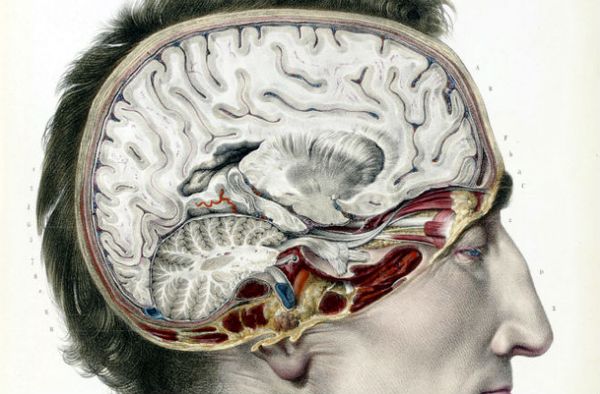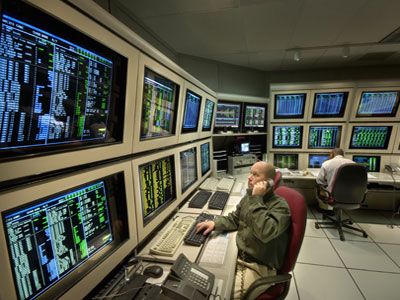So let's get this out of the way first. Your brain is technically an organ, not a muscle. It does have a bit of muscle tissue, but for the most part it's mostly fat. In the brain, electrical cells called neurons transmit messages via chemicals. Although the brain isn't a muscle, its cells do use energy to function.
"The brain requires fuel and energy," says Gary Figiel, M.D., a geriatric psychiatrist in Atlanta who specializes in neurology and psychiatry. "The brain uses glucose as the primary source of energy." When glucose enters the brain's cells, it gets turned into adenosine triphosphate (ATP), a complex organic chemical for storing and transferring energy in cells, by the mitochondria.
It's the compound ATP that researchers from Australia and Belgium thought could be the key to brain drain. The idea was that when your brain works hard, it uses up all that glucose, leaving you feeling depleted. The lowered glucose levels then raise levels of ATP, which blocks dopamine — that chemical that makes you feel good and keeps you motivated.
The study, which was published in the journal Sports Medicine in 2018, concluded that when your brain can't get enough dopamine, you're less likely to stay on task. So even though your brain is not a muscle, chemically you can tire it out by thinking too much.
"We are not wired to use the 'higher order executive function' all the time," says Melanie Greenberg, Ph.D., clinical psychologist in the Bay Area, California, and author of "The Stress Proof Brain." While "higher order executive function" can include obvious tasks like taking the LSAT, it can also comprise a combination of smaller challenges, like processing a lot of new information coming at you at once.
"After a while, our brains automate things and take less energy," Greenberg says. For example, if you drive the same way to work every day, that activity will use less brain energy than if you had to constantly find new routes. When your brain is dealing with an ongoing supply of new information, it must put energy into every decision, which overuses that executive function and can cause mental fatigue.




